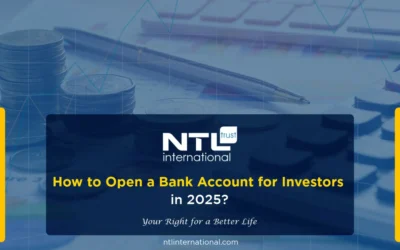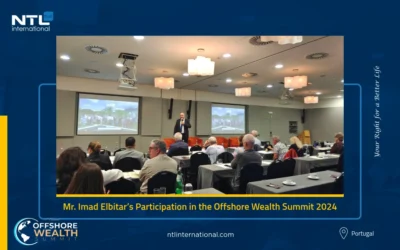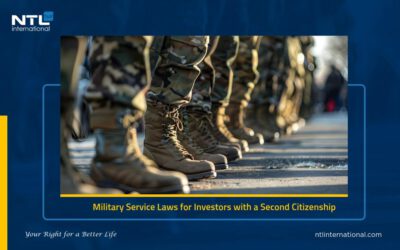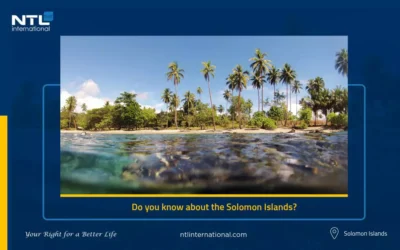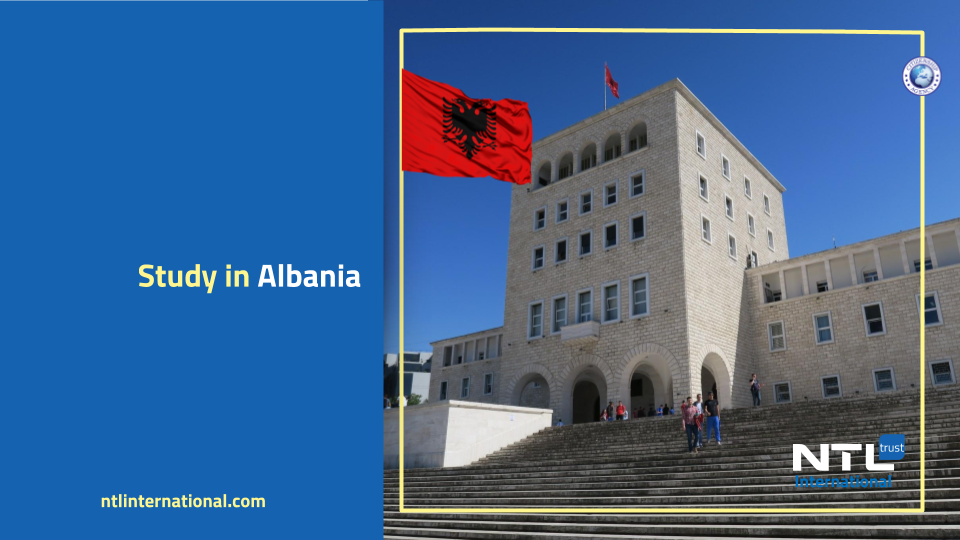
Studying in Albania:
Types of higher education in Albania:
• Universities.
• Academies.
• Non-university high schools.
All universities and academies give diplomas of university level (bachelor’s degree).
• Courses are offered in English and French.
• Foreign students have the same procedures, as Albanian students.
• They must have an exam in the Albanian language.
English language preparation for studying in Albania:
Pupils must develop their academic English language skills in order to meet the English language requirements at Albanian universities for international students.
The Academic Year:
• The academic year starts in October.
• The duration of the academic year is from 38 – 42 weeks.
• The base unit of the academic year is the semester.
• One academic year has two semesters.
• There are three examination periods: the winter, summer, and autumn sessions.
Tuition Fees
• The tuition fees vary depending on the course of study, level of study and higher education institution. Generally, tuition fees do not go beyond 4000 EUR per academic year.
Living and daily life in Albania:
Living Expenses:
• The cost of living in Albania is low. Living expenses differ depending on the location.
RENT PER MONTH:
For a one-bedroom apartment in the city, you can expect to pay about –euro-130- 300 €;
and outside the city centre you can expect to pay 90 € to 170 €.
For a three-bedroom apartment in the city centre, the average rent per month ranges from 200- 500 €.
Student Accommodation
University residences: Many universities in Albania provide residence halls. The university residence provides pupils with a learning and living environment. All the necessary facilities are available.
Apartments: Students can rent an apartment in Albanian. The apartments in Albania are generally furnished. Students can share or live alone.
Accommodation
Inside the cities, hotels are abundant and prices per night start as low as €15.
Hotels are usually clean and their staff, at least in major cities, generally speak English and/or Italian. Outside the big cities, hotels are less common.
If for any reason, you find nowhere to sleep, the Albanian people have always been known for their hospitality and will treat you like royalty as you stay with them.
Public Transportation:
There are several ways to get around Albania: the most common are minibuses or Furgons. Buses are easily accessible and cheap, and you can also take trains where you can book tickets in advance. This is a convenient way to walk around there. Finally, taxis are yellow and have a public counter.
Telephone
You can buy a local sim card for 600 Lek (about 5.37$). You need to provide an ID (passport) and give an address in Albania.
Airport:
Getting There Tirana’s ‘Mother Teresa’ International Airport is located just 15 minutes away from the city. It is served by numerous European flag carriers such as British Airways, Alitalia, Lufthansa, and Austrian. A new, larger and more modern terminal was opened in 2007.
Health
It’s best to drink bottled water, but tap water is usually drinkable too. The food in Albania is mostly healthy anywhere you go in the country.
Safety
Take the usual precautions. Foreigners are generally not targeted by the local crime scene, though pickpocketing’s does occur.
If you have any questions regarding citizenship or residency by investment please contact us.
How to Open a Bank Account for Investors in 2025
Opening a bank account for investors holding second citizenship in 2025 is a crucial step toward successful global investments.
Mr. Imad Elbitar’s Participation in the Offshore Wealth Summit 2024
A summary of Mr. Imad Elbitar’s Participation in the Offshore Wealth Summit 2024 in Portugal.
The Importance of Understanding Military Service Laws for Investors with a Second Citizenship
Military Service for Investors with a Second Citizenship
Gulf Cooperation Council
The GCC is a regional organization consisting of six Arab countries located in the Arabian Gulf region. It was established on May 25, 1981.
Discover the Attractions of the Solomon Islands in the Pacific Ocean
Exploring the attractions of the Solomon Islands before starting the CBI program is essential.

